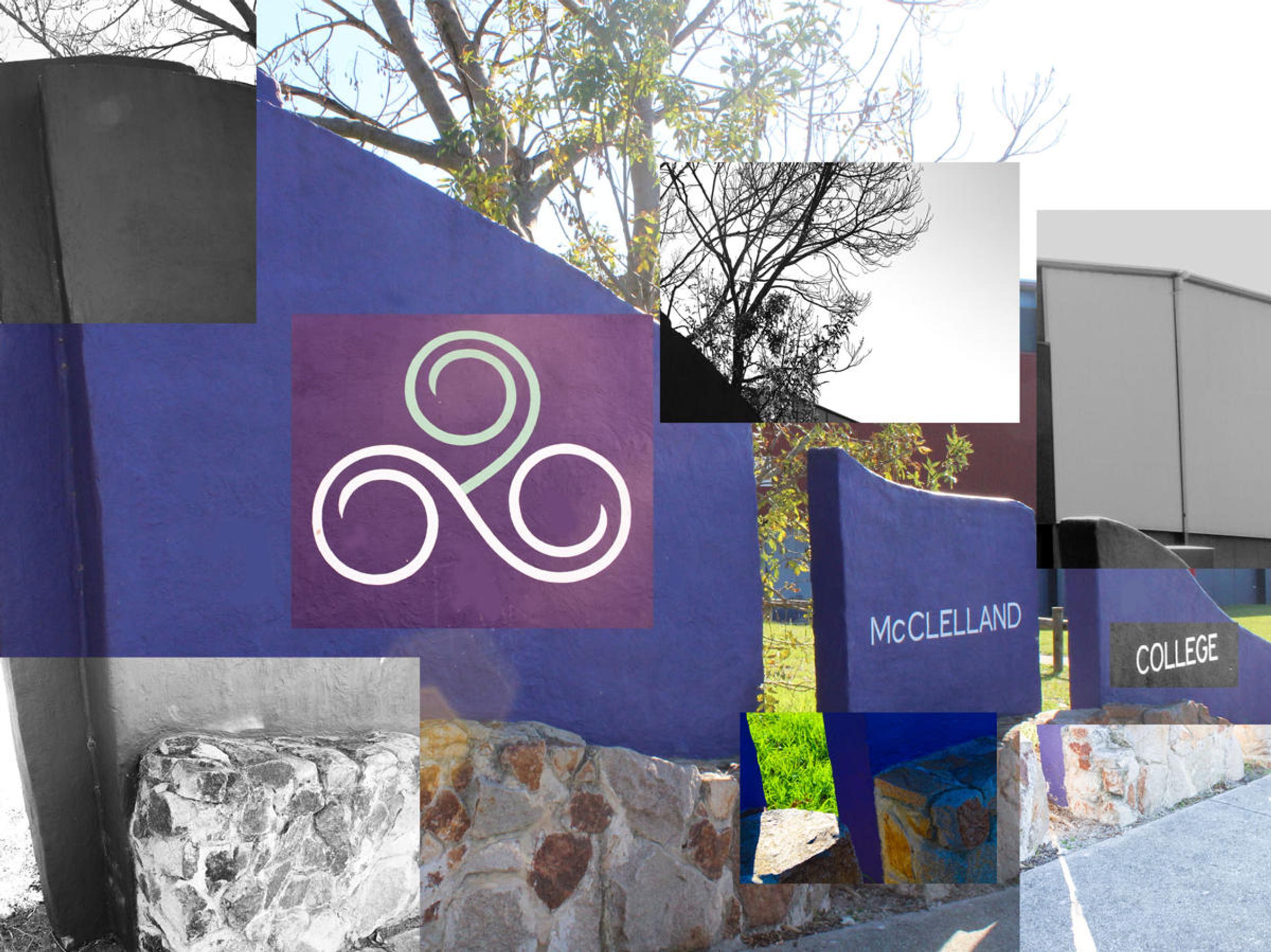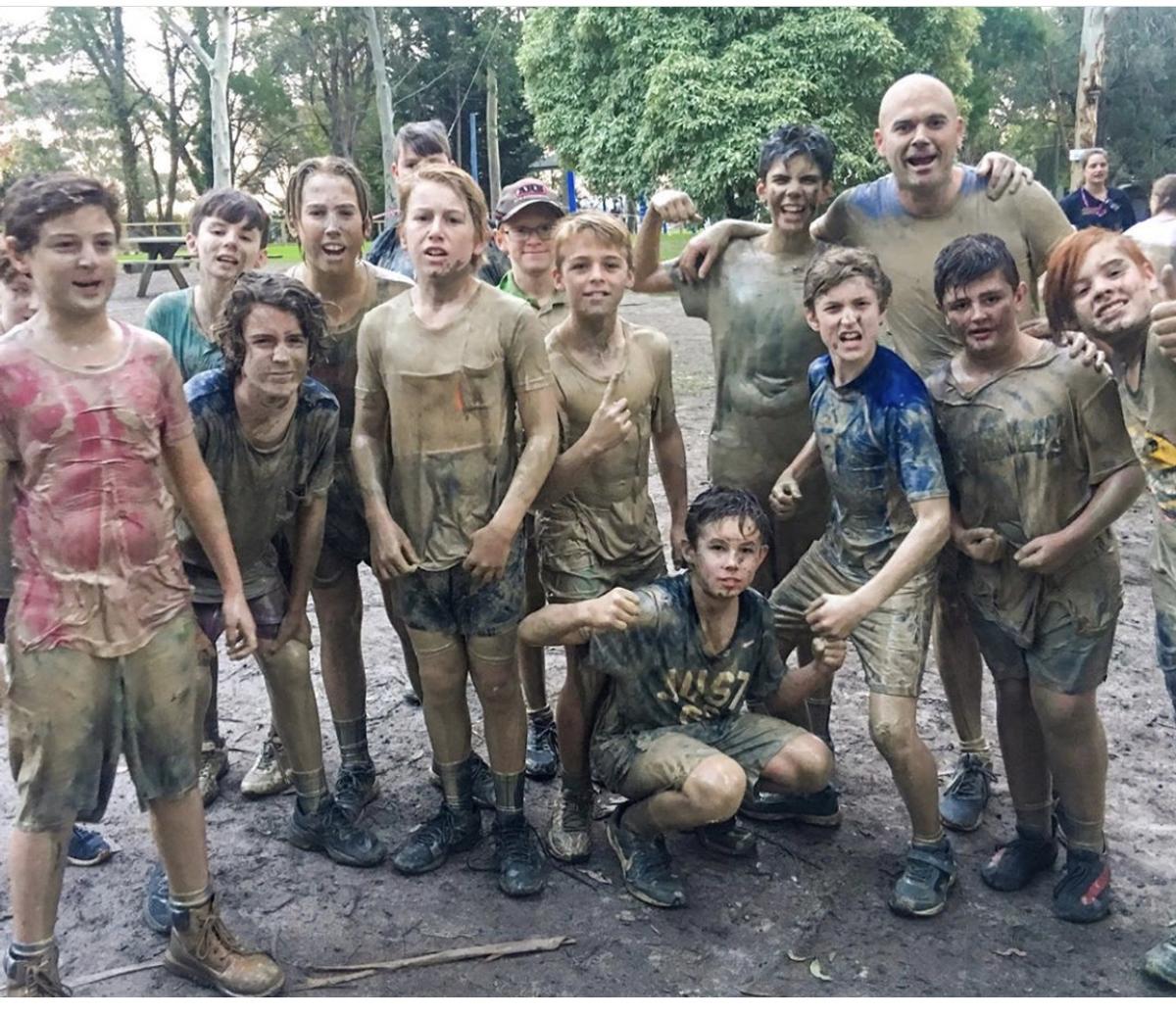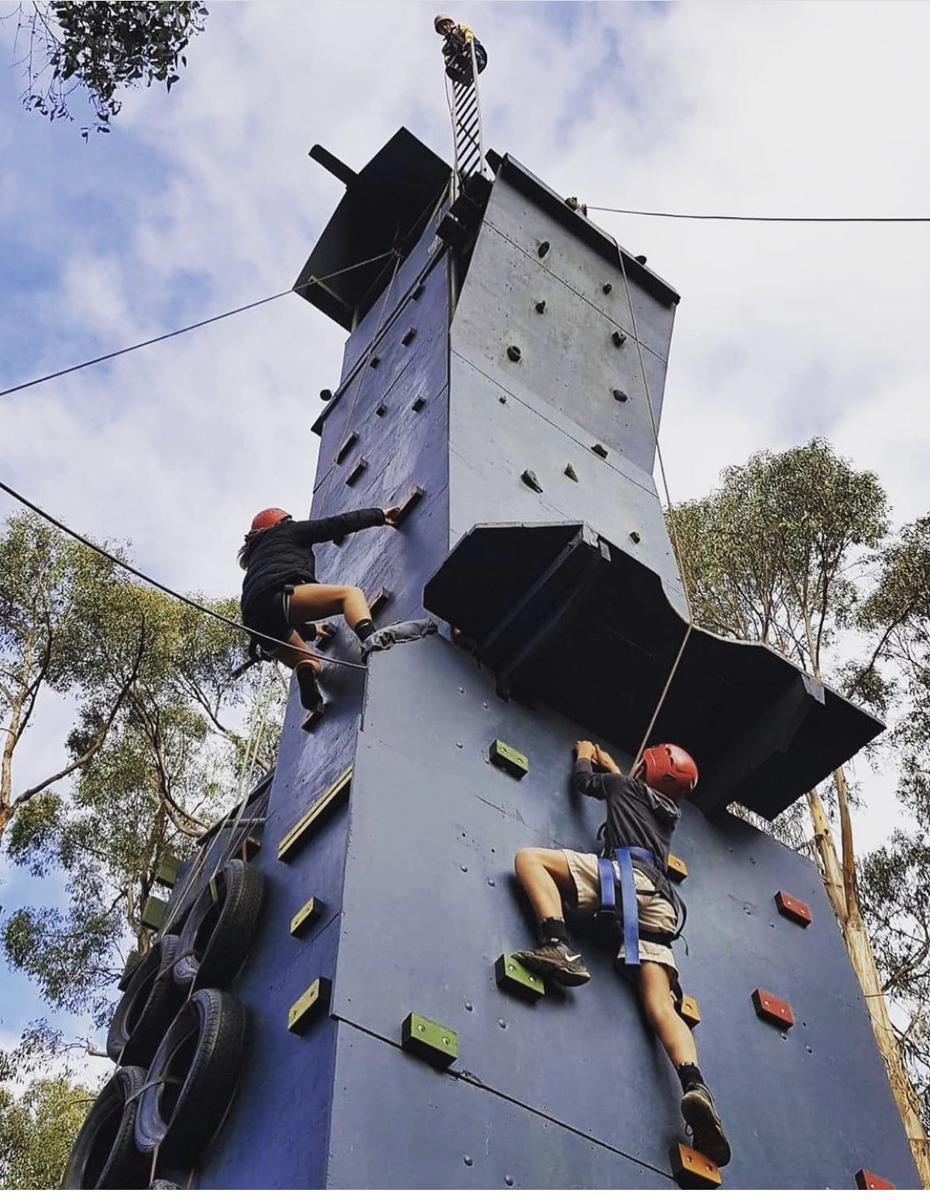Principal's Message
Amadeo Ferra

Principal's Message
Amadeo Ferra






This week many of our Year 7 students have been challenging themselves on the Summit Camp. Speaking to staff and students it was clear that they were pushed out of their comfort zones often having to be brave and face their fears.
Being brave is defined as: “To have or show physical, emotional or moral strength in the face of difficulty, danger or fear.” When you’re brave, you do something that is hard for you. Being brave is not just for climbing a mountain or facing an enemy. Being brave is not just something for grown-ups. In this school and in your classroom, teams and groups, we need brave people, people who will stand up for they what they believe in, people who will stand up when they see someone doing something wrong, people who do something when they see bullying.
So how can you help make our school a brave space because it is up to all of us to take ownership of our school community if we are to grow and be the best we can. About eight years ago students in the SRC spent a year working on a pledge which is now on plaques around the College but a statement is not enough.
Know what it means to be brave, how to face your fears and overcome them.
Close your eyes and think of a time when you felt brave. What did you do? How did you feel afterwards?
Think about what a brave space would look like?
Think of how you could behave if you see something you should stand up against.
What are brave people like?
They are open to different viewpoints and ways of doing things.
They show respect even when faced with ideas or actions that are strange or new to them.
They understand why they might not have had the same experiences.
Even if they are uncomfortable or unsure, they contribute and take risks.
They share speaking time, trying to speak after others who have not spoken.
They listen actively, especially when people say things that are difficult to hear.
They find ways to challenge others with respect and care and are open to others challenging them without getting defensive or angry.
They can keep a secret. They also understand when it is important to share information and who to share it with.
When they see something bad like bullying they find ways to distract the bully, protect the person being bullied and get help.
Is this brave person you? How can you help make McClelland College a brave space where everyone feels safe and respected?
By 2022, every government secondary school campus will have a suitably qualified mental health practitioner.
Allocation of the mental health practitioners will be based on student enrolments and fortunately for us the initiative McClelland will be one of the first schools to receive a mental health practitioner.
They will provide a range of services, including:
direct counselling support and other early intervention services
coordination of supports for students with critical and complex needs
school prevention and mental health promotion activities.
Mental health practitioners will work flexibly, based on the needs and priorities of their school and students. New Area-based staff will support the practitioners, and coordinate mental health and wellbeing activities across schools.
Schools will also have access to expert advice online through a central web portal. This will support school-based health and wellbeing teams to:
deliver mental health plans and support to students
receive advice on how schools can connect with allied community and health services.
Schools will be provided with more information as the initiative progresses.
Whilst we already have invested heavily in the many and varied existing wellbeing supports, we welcome the additional services that will add to our suite of offerings.